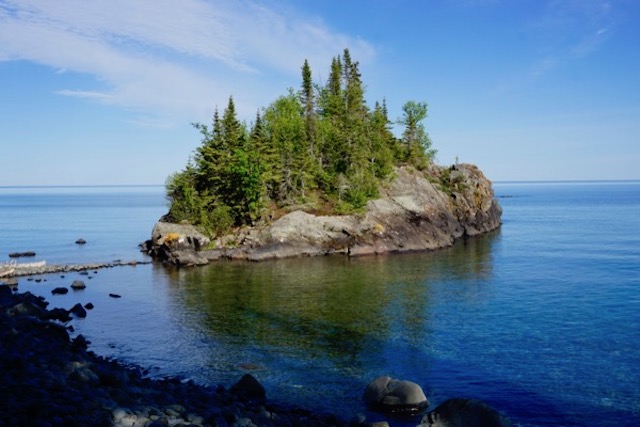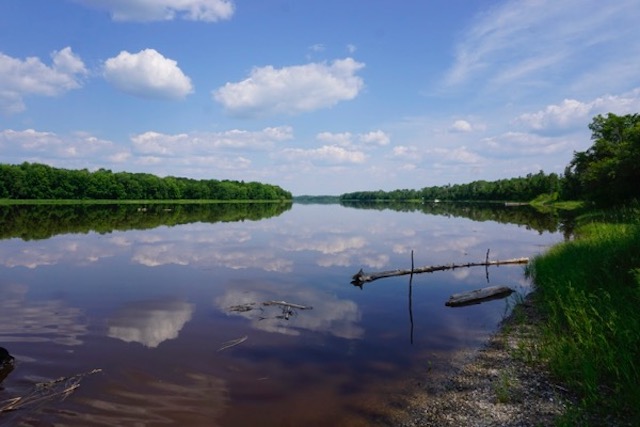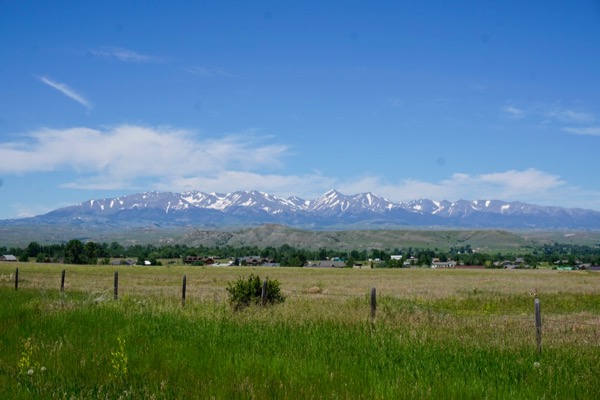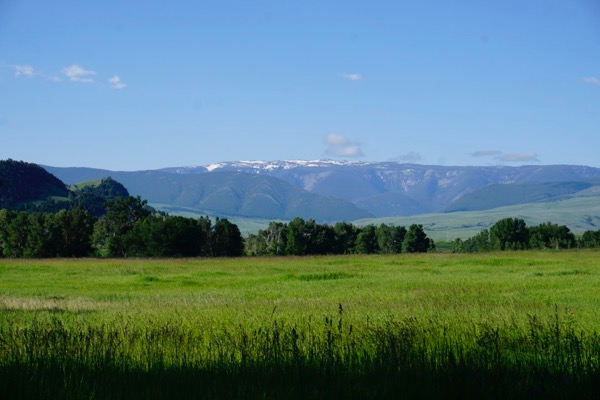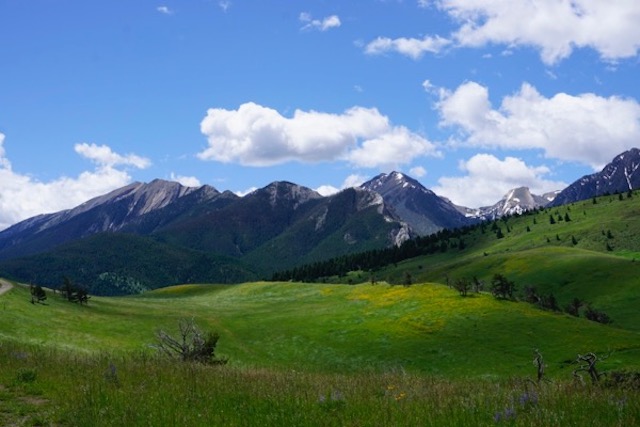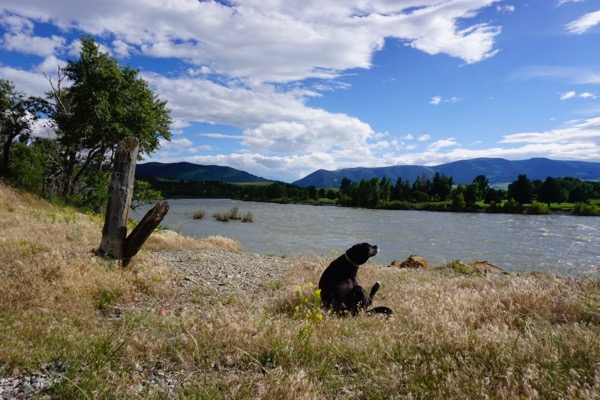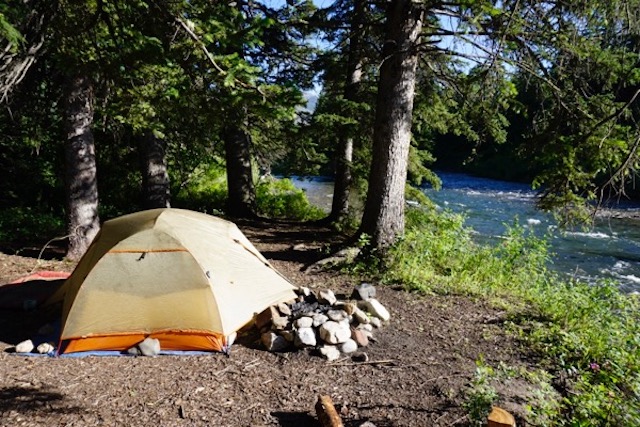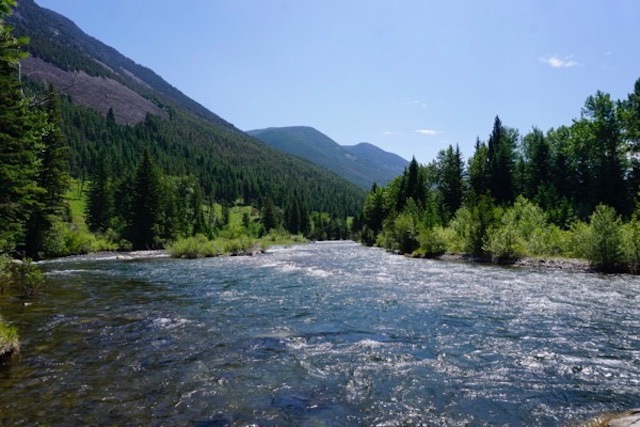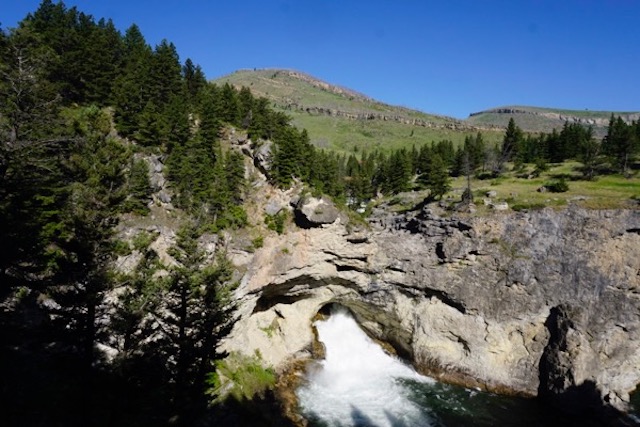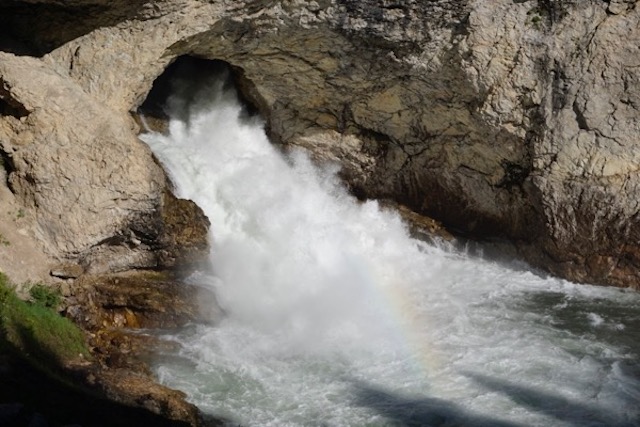Absent revision to NJ DEP rules and policies, the Murphy administration will lack an enforceable legal basis to deny pipeline and power plant permits
I sense that NJ environmental leaders fighting pipelines and gas power plants quietly are relying on a regulatory strategy adopted by NY Gov. Cuomo’s State Department of Environmental Conservation (DEC) to deny State Water Quality Certificates (WQC) required by the federal Clean Water Act.
I also suspect that NJ Governor Murphy’s Attorney General and DEP Commissioner are considering this NY DEC strategy as well.
As NJ Spotlight reported:
Not only does FERC ignore climate-change implications, the Attorney General argued the agency fails to consider the full range of environmental impacts. “As the Attorney General for a state impacted by natural gas pipeline approvals, I know that FERC needs to be much more careful in its overall approach to pipelines,’’ he said.
New Jersey Department of Environmental Protection Commissioner Catherine McCabe agreed, saying “now is the time for the agency to analyze and reduce environmental harms. “Reducing and responding to climate change is a priority for the DEP,’’ McCabe said, “and there is an urgent need for FERC to improve its review process to account for all environmental harms.’’
That Murphy administration attack on FERC’s environmental review as “fatally flawed” echoes exactly the argument made by NY DEC as its rationale for denying State WQC to a recent pipeline.
Here’s NY DEC denial in a petition to FERC:
Namely, as further explained in Exhibit A, the Sierra Club decision found that FERC failed to consider or quantify the downstream greenhouse gas emissions from the combustion o f the natural gas transported by the Project as part of NEPA review. Here, just as in Sierra Club, FERC failed to consider or quantify the indirect effects of downstream GHG emissions in its environmental review of the Project that will result from burning the natural gas that the Project will transport to CPV Valley Energy Center.
I have long advocated this strategic approach to using State WQC powers to kill pipelines, but my technical regulatory recommendations are significantly different than the way NY DEC has done things. Essentially, this is because NY DEC State environmental laws and regulations are very different from NJ DEP’s.
This is a complex distinction, but it is very important because it will determine the outcomes. Let me try to explain.
Most recently, NY DEC declined to renew a State air quality permit for the Competitive Power Ventures (CPV) proposed 680 MW gas plant in nearby Orange County, NY (see this for that complicated story).
The effect of that NY DEC state air permit denial is being exaggerated as a “huge win” that killed the project. Actually, all NY DEC did was force the project to apply for an EPA federal Title V air quality permit. Trump administration EPA approval of that permit is virtually certain, so NY DEC merely delayed the operation of the CPV plant, which is completely constructed. (Google “Repeal of Obama Clean Power Plan”)
But more importantly, last year, the NY DEC also denied a State Water Quality Certificate (WQC) for a 7.8 mile gas pipeline to feed the CPV plant, known “Valley Lateral Project” or as the Millennium Pipeline (see this for DEC denial document).
I just looked into that NY DEC 2017 denial of a WQC for the Millennium pipeline to the CPV gas plant.
NY DEC relied on 2 factors in NY State regulations to deny the Water Quality Certificate for the pipeline to the CPV power plant:
1) a US DC Circuit Court decision in a case won by the Sierra Club. That case turned on the failure by FERC to consider greenhouse gas emissions during the NEPA environmental review process. In the pipeline WQC denial, citing the Sierra Club decision, the NY DEC claimed that FERC had failed to consider GHG emissions during NEPA review:
Because of a (i) lack of a complete environmental review for the Project and (ii) material change in applicable law (both as more particularly as discussed below), the Applicant has not received any authorizations from the Department- including a WQC. (NYDEC @ page 2)
The “lack of complete environmental review” was based on failure to consider GHG emissions. The “change in law” was the DC Circuit case that found FERC failure to consider GHG emissions.
2) NY DEC then relied on NYS DEC regulations that provide factors to deny permits – one of them is a change in law. NY DEC cited the Sierra FERC case as a change in law.
So, Sierra Club is a national leader on the regulatory aspects of pipelines and Sierra’s anti-pipeline strategy relies heavily on the DC Circuit court decision strategically.
The focus of that strategy is on demonstrating that FERC environmental reviews are fatally flawed and then using State permit regulations to use FERC’s flaws to deny State permits.
Thus, we can see how NJ Sierra Club must be pleased by the recent NJ DEP and AG criticisms of FERC reported by NJ Spotlight above.
Now, here’s how I see the fatal flaw in the NJ strategy and the huge upcoming disappointment.
A few weeks ago, NJ DEP Commissioner and NJ Attorney General issued a joint press release blasting FERC for a fatally flawed environmental review process. That tactic is virtually identical to NY DEC criticism of FERC. I’m almost certain that NJ ENGO’s perceived that as a step in following NY and laying the foundation to deny pending NJ pipeline permits (power plants are a different issue – as we’ve written, current NJ air permit regulations do not consider GHG emissions in terms of setting emission limits or as a basis to deny or condition a permit.).
Based on the NJ DEP/AG press release, I wrote a post criticizing them for hypocrisy, noting that NJ DEP State environmental reviews and permit regulations don’t consider GHG emissions, See:
So, I assume that NJ Sierra Club and NJ ENGO’s view my analysis as undermining their strategy.
But here is where it gets really tricky and why the NY regulatory strategy will fail in NJ.
NY DEC was able to make the argument that the FERC NEPA review was fatally flawed only because NY has a State NEPA (i.e. SEQRA). But despite its own State law, the NY DEC relied on FERC NEPA review to pre-empt or replace the NY SEQRA review process.
NY DEC then argued that the fatally flawed FERC review is a reason for denial under NY State DEC WQC permit rules.
But that NY DEC strategy won’t work in NJ for four reasons, because:
1) NJ does not have a State SEQRA.
Instead, NJ DEP conducts its own State “environmental review” in two ways: a) as a participant in the FERC NEPA process and b) under various piecemeal State permit regulations.
So, NJ can’t argue, like NY DEC did, that FERC’s flawed NEPA review is fatal because FERC did not pre-empt or replace NJ DEP reviews and because their own NJ DEP reviews are fatally flawed too. NJ DEP does not they rely on FERC to supplant State environmental reviews.
2) NJ has its own EPA federally delegated State wetlands program.
NJ DEP relies on the NJ State wetlands program to satisfy the WQC review process. The DEP wetland review does not rely on FERC and does not have the specific basis for permit denials that NY DEC relied on.
So NJ can’t argue that fatally flawed FERC reviews are grounds for State WQC and permit denials.
3) the NJ WQC rules, which are codified in the freshwater wetlands rules, as NJ DEP interprets them, do not provide ANY basis for denial of a WQC.
The NJ DEP WQC rules allow “BMP’s” and “avoidance, minimization and mitigation” to satisfy compliance with Water Quality Standards (that’s because DEP relies on the NJ State freshwater wetlands act regulatory scheme to satisfy WQC requirements).
Additionally, NY DEC denied the WQC on the basis the stream disturbance from the proposed pipeline would cause temporary violations of temperature and sediment water quality standards. But NJ DEP rules explicitly authorize “temporary” violations of water quality standards.
4. The Sierra Club DC Circuit decision does not apply to NJ.
NY DEC relied on that DC Circuit Court decision as a “change in law”. Under NY DEC regulations, NY DEC may deny a permit if there is a “change in law”.
NJ DEP rules also allow DEP to deny a permit due to change in law.
But for NJ, because NJ DEP relies on State law and not FERC, there is no change in STATE law. There is no change in law in NJ.
NJ DEP must not simply follow NY DEC, but must instead revise its own State regulations and permit review processes to address the “fatal flaws” they note in FERC’s reviews.
This would require revisions to both GHG emissions and the WQC review processes.
Absent such revision of NJ DEP rules and policies, the Murphy administration will lack an enforceable legal basis to deny pipeline permits.
